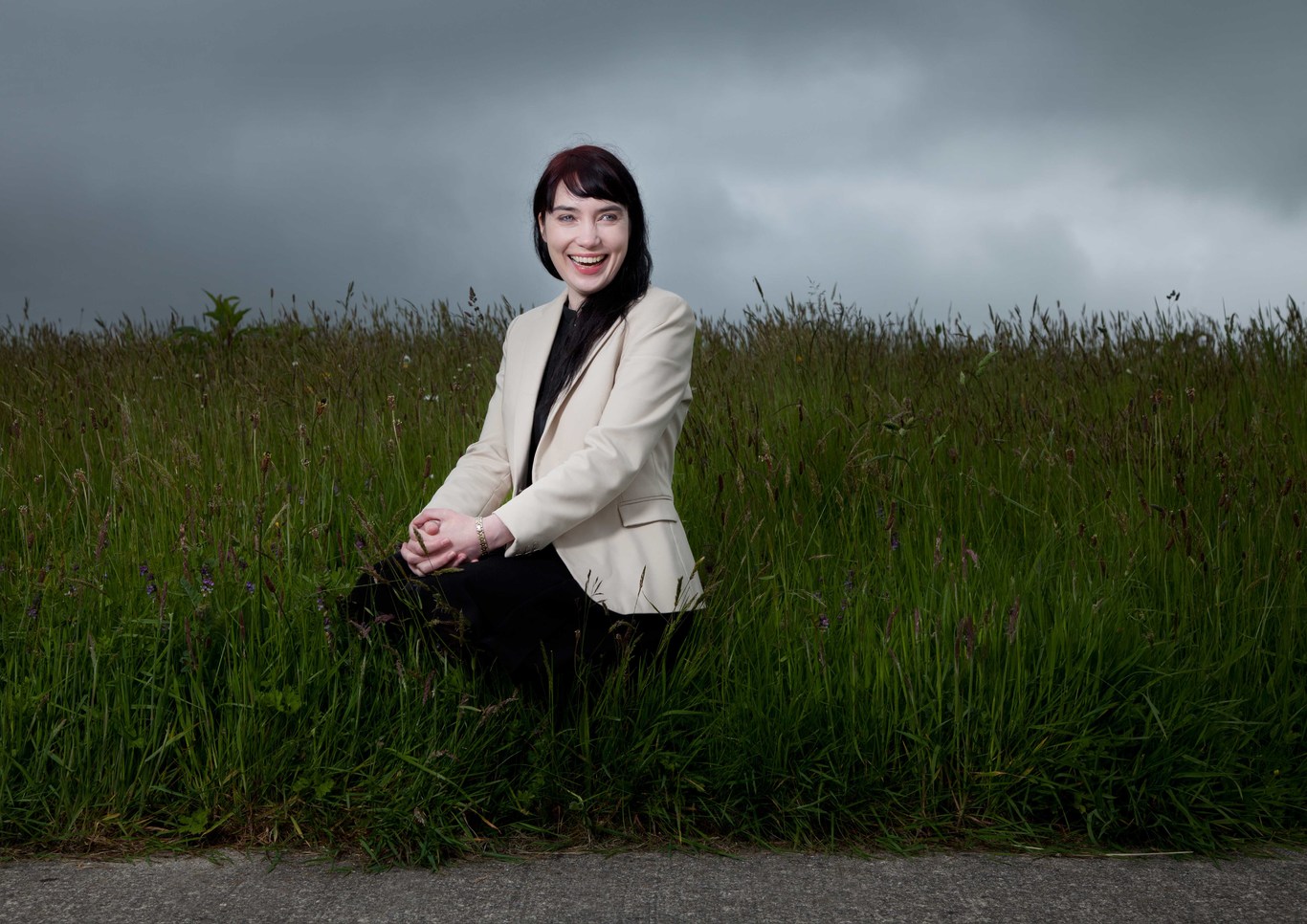'You have to make risk your friend, it's a lifelong relationship'
Tools of the Trade: Votechnik CEO Lisa O’Donoghue talks quantum theory and journaling.
EVERY WEEK, FORA gets inside the heads of some of Ireland’s top entrepreneurs to gain insights into what got them to the top of their trade. This week we speak to Lisa O’Donoghue, founder and CEO of Votechnik.
Lisa O’Donoghue has a journal for just about everything.
As the CEO of Votechnik, a company which helps recycling companies dispose of LCD screens more easily, she needs to have her finger on the pulse – and an assortment of notebooks is her main tool.
Electrical waste is one of the largest sources of waste globally and LCD (liquid crystal definition) screens are difficult to recycle because they contain hazardous materials. Votechnik makes machines which disassemble and de-pollute them.
Votechnik is still pre-profit and started as a research project at the University of Limerick, funded by the EPA, and eventually spun-out.
As part of our weekly Tools of the Trade series, we spoke to O’Donoghue about journaling, quantum theory and making friends with risk.
Why are you running the company and what drives you to keep going?
Making a difference and a contribution – doing work that can have an impact. Carving out new ways forward and exploration are very strong drivers.
How do you judge risk and what is your appetite for it?
You have to make risk your friend, it’s a lifelong relationship.
You have to have an appetite for it, to be willing to be wrong and make mistakes. Sometimes that is the biggest fear that can arise around risk.
Risk tells you you’re moving forward and you’re pushing out and doing something different, it is a friend you need to bring on the journey with you.
What quality has helped you stand out?
A combination of determination and integrity – being able to very much stand behind what you believe in, both technically and from the perspective that you believe in your approach.
What tool could you not do without?
I couldn’t do without journals, I have them for everything: personal journals, work journals, ideas journals, off the wall brainstorming journals, gratitude journals – anything you can think of there’s a journal for it.
How do you deal with stress?
I run, meditate and journal. When I get super stressed I just stop and go for a run. I put meditations on, filtered throughout the day, to make sure I stay in the best state to stay focused.
What ambitions do you still have?
To build a company that I believe in and that’s undertaking research that makes a difference. That’s a driving one that I don’t think I’ve really ticked the box on.
What’s the one thing, looking back, that you wish you had done differently?
I wish I listened more to my intuition earlier, so hearing your own voice louder than other people’s voices and just trusting your own instincts.
You have innate guidance because you’ve been through it, you’ve been hands-on and you have a gut instinct about where to go. I think I would have short-circuited a lot of difficulties or challenges if I’d listened to that earlier.
Aside from your own, what industry do you find most interesting and why?
I’m from a material science background so I love anything to do with materials. I’m massively into quantum theory in physics and the basics of how materials and energy work, all the way from small scale to big scale. One of my hobbies is reading on that background. It’s a world within a world.
How do you judge success?
For me, success traditionally would have been revenue, metrics, patent applications, headcount, publications. All very measurable things, but all very accepted traditionally.
It turns out I felt those things were a byproduct of doing what you love and enjoying it. My definition of success would be more shaping and creating new and innovative ideas and taking them forward.
Who are the people who have most influenced the way you think?
(The writers) Alan Watts and Esther Hicks. They have changed how I view things and given a perspective shift on what we’re trying to achieve.
A lot of the time we have metrics set up by society that we think we have to get to and we drive for those as being acceptable. You see a lot of the time that even if they’re obtained, they don’t bring the satisfaction you think they would. Therefore, the real thing you’re trying to pursue is your sense of self-expression and joy in what you’re doing.
Get our Daily Briefing with the morning’s most important headlines for innovative Irish businesses.






